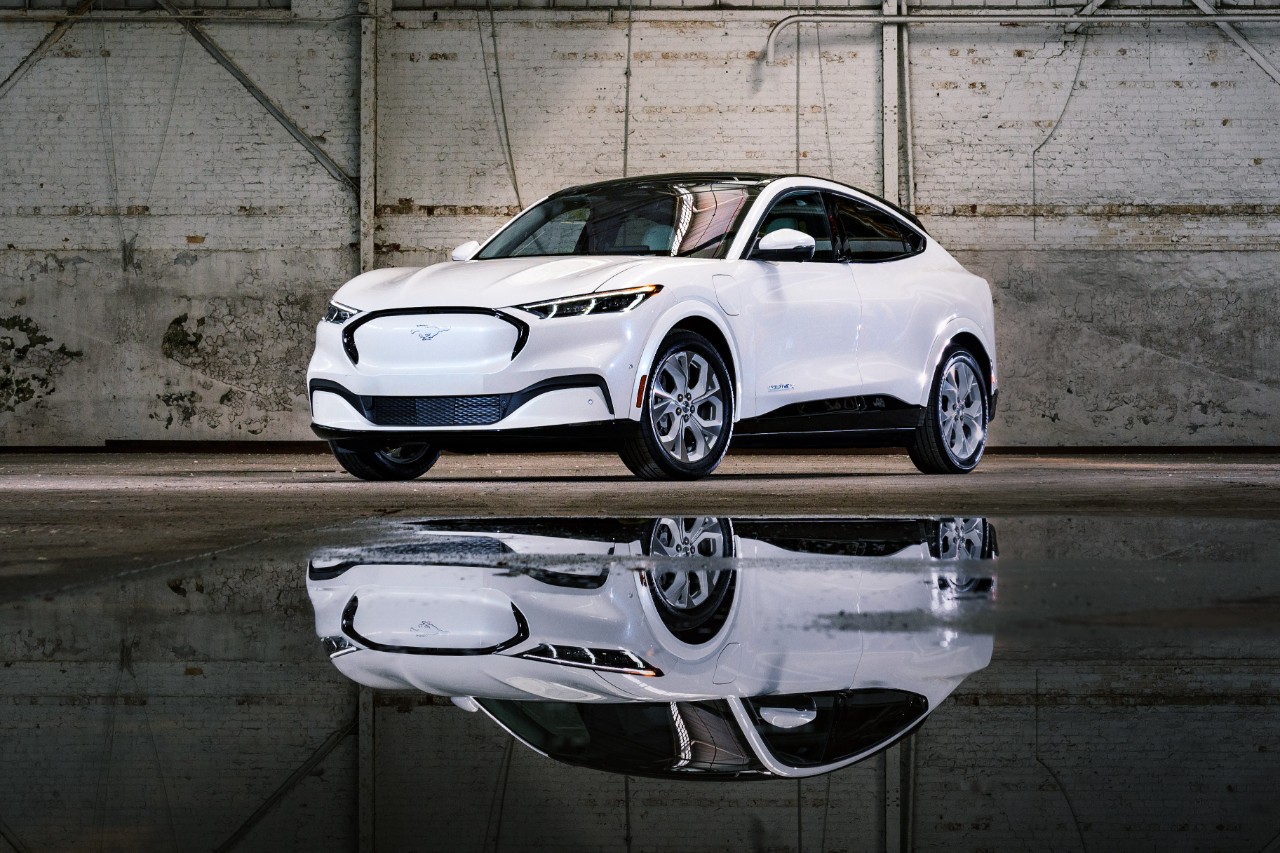Back when Detroit automakers were exiting the past recession, Ford Motor Company (F +0.66%) seemed lightyears ahead of its cross-town rivals, General Motors (GM +0.54%) and Fiat Chrysler Automobiles (FCAU +0.00%). Ford was first to return to profits and had a "One Ford" plan that convinced investors to jump on board as the U.S. auto market consistently recovered. Now, however, as the focus switches from recovery to getting an edge with driverless vehicles and smart-mobility projects, the momentum is clearly with General Motors.
The question now is, what's Ford going to do next? Well, we now have a small part of the answer.
Acquisitions
General Motors has made a splash over the past couple of years with acquisitions of Cruise Automation, a $500 million investment in ride-hailing company Lyft, development of autonomous vehicle technology with the Chevrolet Bolt, and smart-mobility programs such as car sharing under its Maven brand. To be sure, Detroit's largest automaker has been busy. Ford has taken a more cautious, or at least quiet, approach so far. It's dabbled with some smart-mobility projects and driverless vehicle technology but has yet to make a splash the way General Motors has. Less than a month into 2018, and investors are seeing a sign that Ford intends to change that perception going forward.
Ford is shaking up its mobility subsidiary, Ford Smart Mobility, into four divisions: Ford X, Mobility Business Group, Mobility Platforms and Products, and Mobility Marketing and Growth. In addition to the shake-up, Ford Smart Mobility announced it was acquiring Autonomic, a technology company specializing in scale, architecture, and leverage for transportation solutions, according to Ford. Detroit's second-largest automaker also acquired TransLoc, a provider of demand-response technology for city-owned microtransit solutions in an attempt to quickly broaden Ford's smart-mobility projects and talent.

Autonomic graphic design of a smart city. Image source: Ford Motor Company.
What's the goal, here?
Ultimately, this is one step Ford is taking to better position its assets to generate revenue and profits from the quickly evolving transportation industry -- just imagine if an automaker had created an Uber/Lyft-type product first? It's also a step in the direction of catching General Motors in its pursuit of smart mobility businesses. In fact, Ford expects to accelerate or launch businesses in transportation operating systems, connectivity, ride-sharing, non-emergency medical transportation, and vehicle management as a service in 2018 alone.
"2018 is the year Ford Mobility moves from foundation building to product and service delivery, and we are acting decisively to ensure our teams are set up for success," said Marcy Klevorn, President, Ford Mobility, in a press release. She continued:
The acquisitions of Autonomic and TransLoc, together with the new organization will enable faster innovation incubation and product development times, as well as increase the group's ability to scale and create value for our shareholders.
One thing was made clear during Ford's recent fourth-quarter conference call: Investors and analysts want more specifics about how the automaker plans to improve profitability. Smart-mobility projects will hopefully be that answer sooner, rather than later, but Ford has a tough job of convincing investors to stay on board until those projects bear fruit.







